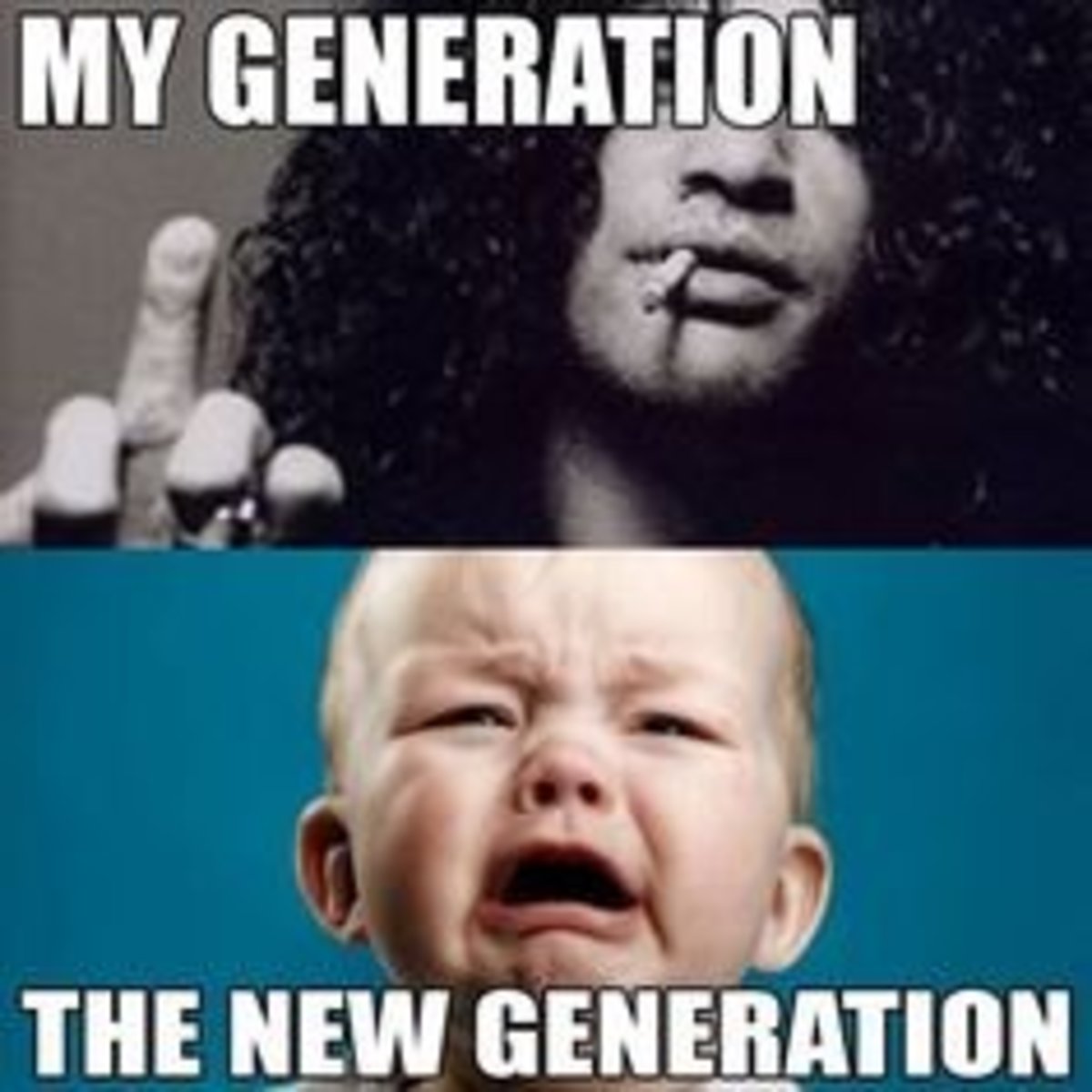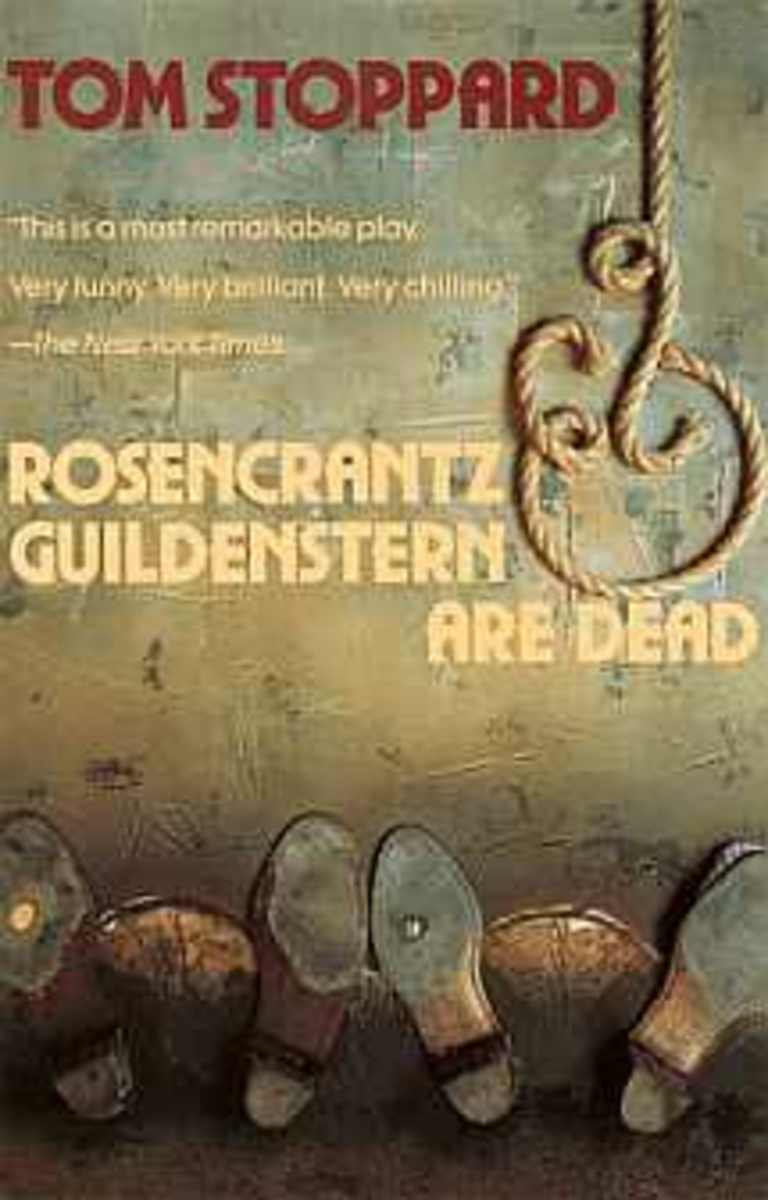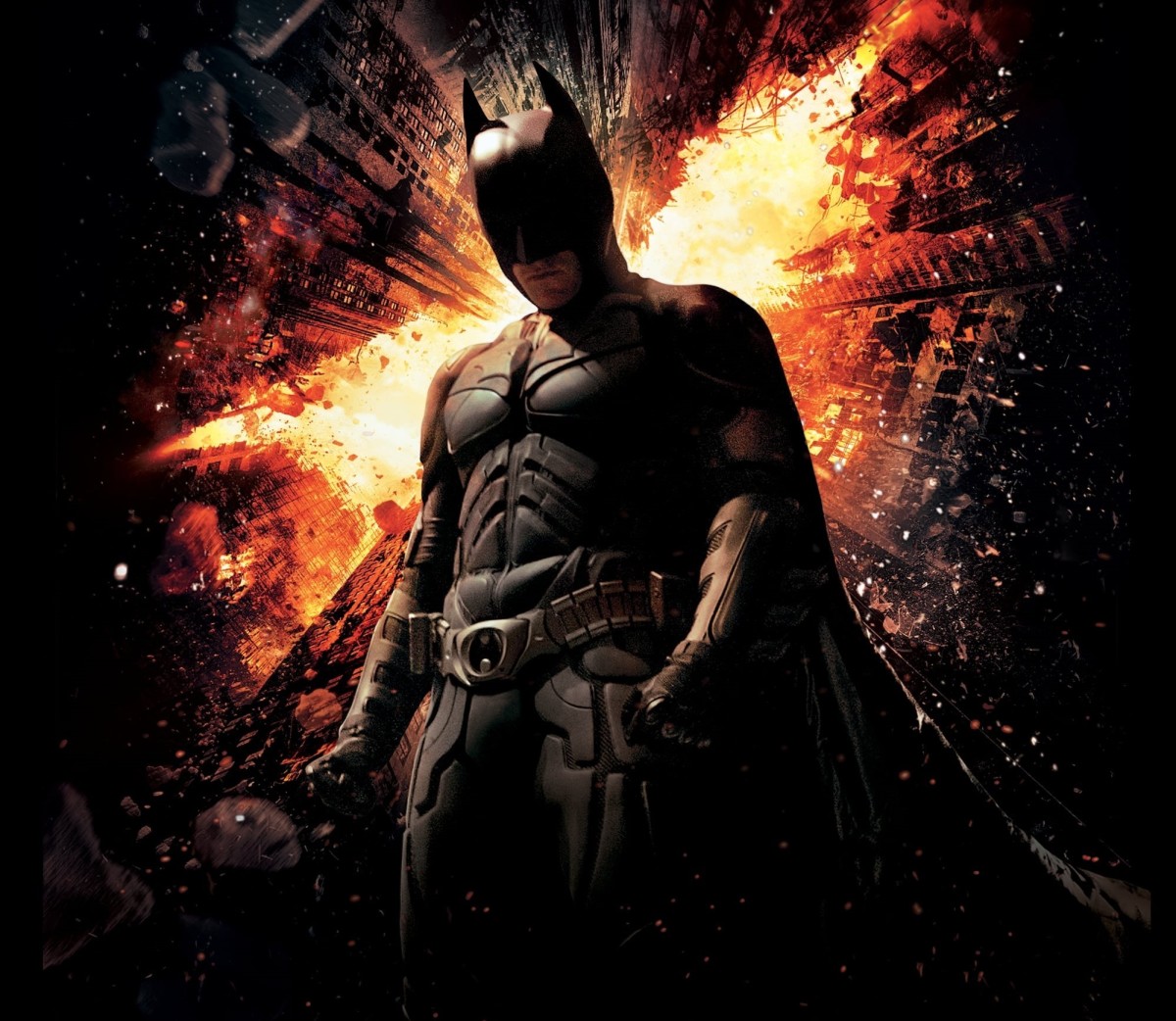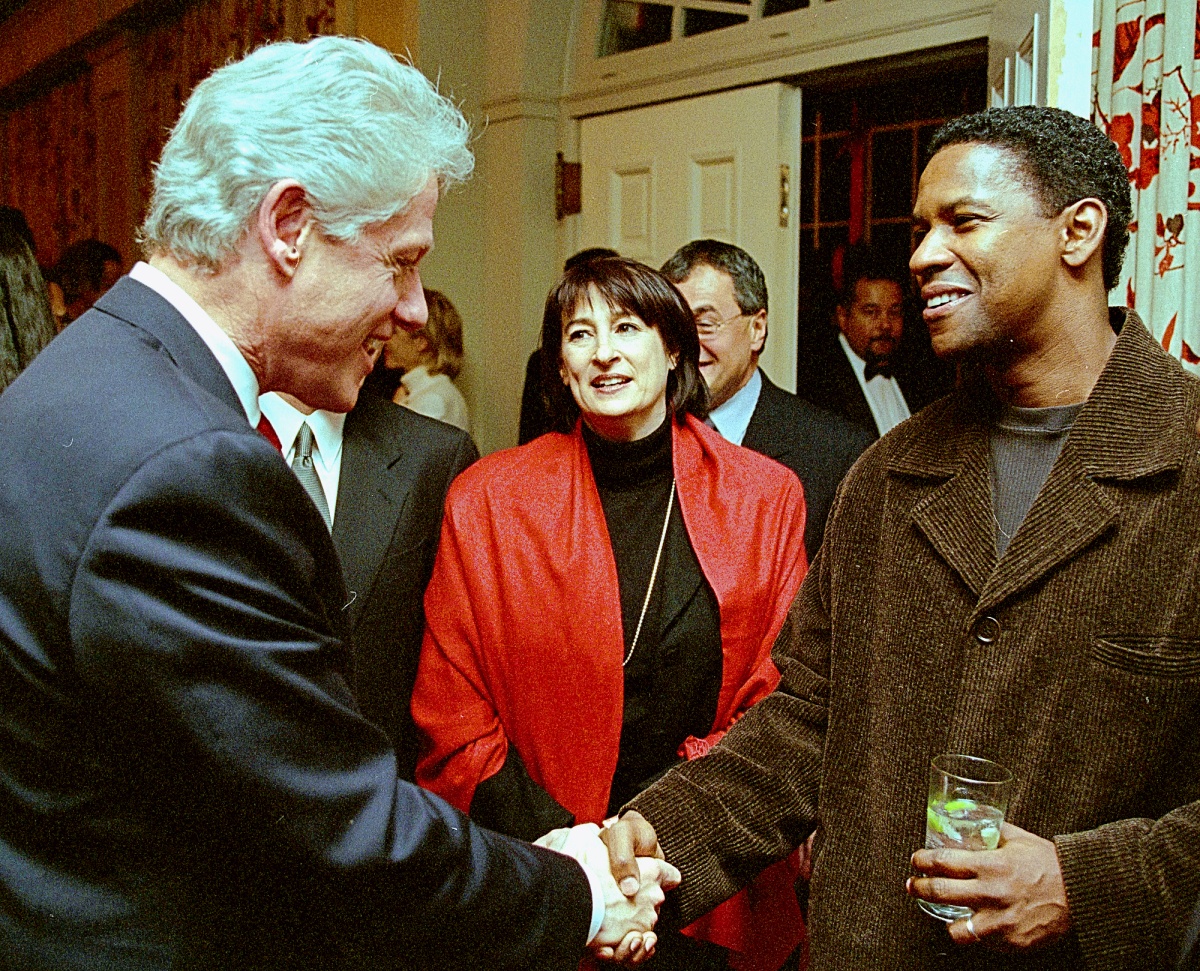Shifting Sands: Modernism and Postmodernism in Media
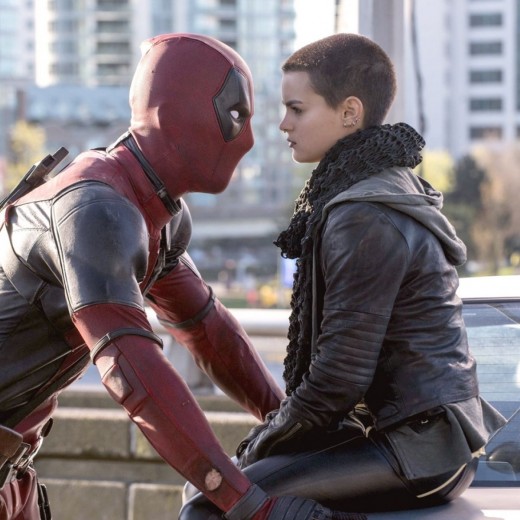
Something that become an issue in recent years in society and the media, has been the idea of postmodernism: that is rejecting preconceived absolutes and accepting that everything is subjective and morally gray. In this world, good is not absolutely good, bad is not necessarily evil and can even be emphasized with, and anyone proclaiming that there is a moral absolute is in denial (yes, I know that's an absolute in itself and I’ll get to that).
Is that really true though? Do the Gen Xer’s, Millennials, and Gen Zer’s truly believe that you can't call something call out something as legit evil?

Killing Your Ideals
What prompted these questions was a Youtube video talking about the good points of the movie, Star Wars: The Last Jedi and how its strengths lay in its questioning and upending the previous, simple ideas of good and evil put forth by the previous two trilogies.
No, this is not a rant about how the movie was good or bad. Actually the video did put up several good points. What it also indirectly did was present a prism through which people who liked the movie saw morality overall.
The Last Jedi famously- or infamously, presents the hero of the classic trilogy, Luke Skywalker, as a failed Jedi Master who in a brief moment of fear tried to murder his own nephew, Kylo Ren before stopping himself. More than anything else, this was the scene that inflamed half the fandom into open rebellion and caused the other half to rise to defend it.
I’ve found that as toxic as Youtube comments can be, it is also a good indicator of social values that are more than just statistics from biased sources, or people pressured to respond a certain way by the presence of a camera. So I looked up the final scene of Return of the Jedi, where Luke defeats Darth Vader and read the comments. Sure enough, half of them pointed out the character’s flaw about being susceptible to killing people: many of these people not old enough to remember the movie from the theaters. The opposition used the scene to point out the contrary, that Luke sparing his father and controlling himself at the last moment demonstrated his overcoming his fear and anger so that it should no longer be an issue.
Going Down the Rabbit Hole
Now this is where the behind the scene philosophy kicks in. People of the postmodern mindset were able to embrace that Luke overcoming his inner violence once, did not mean it was a total victory. Many pointed out that in real life, personal issues are not overcome just by a single victory and that relapses often happen. This is postmodernism at its core.
Defenders of the character were not able to accept this, because it then weakened the victorious moment, which they saw as the entire point of the trilogy. That black and white view was classic modernism: a clear sense of good and evil that was definable and unchangeable.
Other franchises have also been dipping into the philosophy pool for inspiration for their worlds. Game of Thrones is famously considered the antithesis of The Lord of the Rings because of its portrayal of good and evil not as overarching worldviews being fought over, but issues within the human heart that often times fail and fatally so. Hunger Games has its protagonist, Katniss fighting for a cause against the ruling District of Panem, only to find out that some of her own allies are just as corrupt. The Dark Knight classically portrays Batman and the Joker as the embodiment of these principles at war, with the Joker representing an extreme, postmodern view that no one is what they claim to be, while the Bat embodying the infallible conviction that there’s a line you don’t cross, no matter how ambiguous things get.
So it seems that the cultural zeitgeist is trying to talk to us, that our values we want to hold onto are at best malleable and subjective, and at worst, hypocrisy and lies.
“Aren’t the stars and stripes a little… old-fashioned?”
“With everything that’s happening, the things that are about to come to light, people might just need a little old-fashioned.”
— - Captain America, Agent Coulson, 2012's Marvel's The AvengersOur Enemies, Our Ancestors
Postmodernism took hold over thirty years ago during the era when Generation X was considered the vanguard and future of American society. Prior to that, Americans maintained a definable set of values that were as quasi-divine as the Ten Commandments. Truth was more than an idea, but a social codex of behavior that all people were held to. Despite later generations making fun of and criticizing this simplistic point of view for its denial of social problems and disaffected groups, there was a legit reason for the Boomer generations’ world view.
They were the generation that created postmodernism and led the Cultural Revolution during the 1960’s. The original vanguard of change that every generation since has modeled themselves after to some degree. They were involved in a decade of protests, war, and chaos that to a large degree succeeded in upsetting the social order.
However, the fallout was as bad as a crack addict coming down from a high. The changes they fought for did not work out, or at least not in ways they thought it would look like. They pushed against the real world for the ideal of social justice and freedom, only to find themselves being pushed back by life. Bills still needed to be paid. Homes still needed to be had. Families needed to be taken care of. Experimental drug use was beginning to spiral out of control. And there was still a government in place that needed to be voted in.
This, plus the following economic crisis in the later seventies, wore down heavily on a population exhausted by social chaos, even if the cause was just. When Ronald Reagan was elected and the 1980’s ushered in, it was riding on the promise of regaining the social stability that the nation felt it had lost. They did not want to lose it again to a new round of chaos and change. They wanted the return of absolutes. This is why postmodernism was looked at with such disdain. Even with the realities of how imperfect their generations’ worldview was, with rising crime, AIDS, and racial and sexual identity tension on the rise, many Boomers instead chose to retreat to that inner stability: their safe place.

An Avalanche of Change
Since Generation X came of age in the 1990’s and returned to a rejection of modernism, each proceeding generation carried forward the idea of a fluid morality that included more and more groups into the fold: LGBT rights, transgender rights, defending Brown-skinned citizens from racism, more openly diverse sexuality, and most importantly: the fallibility of heroes. Reagan would have hated it.
Like any cultural outlet, this development was reflected in the movies and has led to the current view that old, modernist heroes can be remade into imperfect, post-modern ones. The perfect hero of the 1980’s seemed at best an unattainable ideal and worst, a lie. They could not be related to by the average person because of their Jesus-like quality of perfection. Ironically for many, this perception seems to carry a sense of moral superiority: even over the Gen Xer’s who restarted it all. Not all is as it seems though.
Reincarnation
Comedian Dave Chappelle recently did a show called Sticks and Stones where it was so controversial that Rotten Tomatoes critics gave it a 27% rating. Many websites and Youtubers alike immediately attacked the comedian for being racist, transphobic, and homophobic, because his jokes ruthless making fun of ‘Cancel Culture’: a view that though claiming postmodern values, behaved more like modernist absolutes.
Yet the audience approval was a whooping 99%. For generations being known for political correctness and aggressive political activism, Chappelle’s show exposed an open divide within Millennials and Gen Zer’s supposed postmodernist morality. The angry defense over Chappelle’s targets was very much absolutist in nature, despite its postmodern upbringing. However, most people of those generations no longer seemed on board with that premise as they were ten years ago. They apparently felt that in trying to cancel Sticks and Stones instead of just ignoring it, was taking this social justice type of postmodernism too far.
I maintain that the postmodern worldview has not replaced the old one, but has merged with it, with modernist absolutes fluidly shape-shifting with the changing values. This trend can be seen in the very same shows that people use to proclaim a postmodern view.
Game of Thrones got famous for its realistic portrayal of people, politics, and war. At the same time, those same elements have also gotten it into trouble. When Sansa was raped by Ramsey on her wedding night, many fans cried foul and protested the shows continuing depiction of women as victims of male violence: real life be damned. Instead, fans wanted more women shown to be independent and powerful, like Arya Stark’s later slaying of the Night King. This was not a postmodern, subjective and morally gray point of view, but a modernist absolute:
no more weak and victimized women, no matter the situation.
The Dark Knight series has Batman becoming morally compromised because of his difficulty trying to pin down the Joker’s motives, the lengths he has to go to stop him, and his failure to protect Harvey Dent from his corruption. Yet, at the same time, some form of morality had to be present, like people resisting the machinations of the Joker and later in Dark Knight Rises, Talia Al Ghul. Batman refused to give into the Joker’s twisted, postmodernism, even after the betrayal of the Gotham police department when they were hunting him down. Batman doesn't give up because he believes in the absolute, or as the Joker sees him, he IS the absolute.
Likewise Katniss finds herself in a similar situation when she discovers it was her ally, Coin, who orchestrated the war against Panem and the tyrannical President Snow, which resulted in the deaths of her friends and family. While her remaining allies remain neutral or supported Coin even after she assumes power, Katniss in contrast, acts on the absolute that the past mustn't be repeated and kills Coin during an execution that was supposed to be for Snow.
Even in The Last Jedi, Luke declares that the Jedi Order will continue and not fail, despite its failings. That the ideals of justice and peace that they stood for before the Clone Wars, are absolute. And as mentioned before, critics of Sticks and Stones who believe that certain groups cannot be made fun of or criticized, even if the comedian was insulting everybody universally.
"This is what happens when an unstoppable force meets an immovable object."
— -The Joker, 2008's The Dark KnightHolding Hannibal at the Gate
These are all examples of an absolute point of view that hasn't been eliminated, but shifted to what the generation (or marketers) prioritize as the non-negotiable. It is both modern and postmodern at the same time, susceptible to the ever-changing whims of humanity while somehow still remaining just above it.
I believe on some level, humans need to believe in absolutes, even if it's not the same as our parents. Because to have no absolutes completely opens Pandora’s box to all modern societies' worst nightmare: total anarchy. Whoever holds the power declares what’s right. There is no universal law, no unchangeable rules, everything is suspect and subjective, and ALL things are allowed, no matter how detestable or not.
Simply put, humans beings devolve into something less than total animals, and that is something that no human really wants, no matter how close to the edge of anarchy they are. It is just what that looks like that keeps changing and thus, the conflict.
© 2019 Jamal Smith

